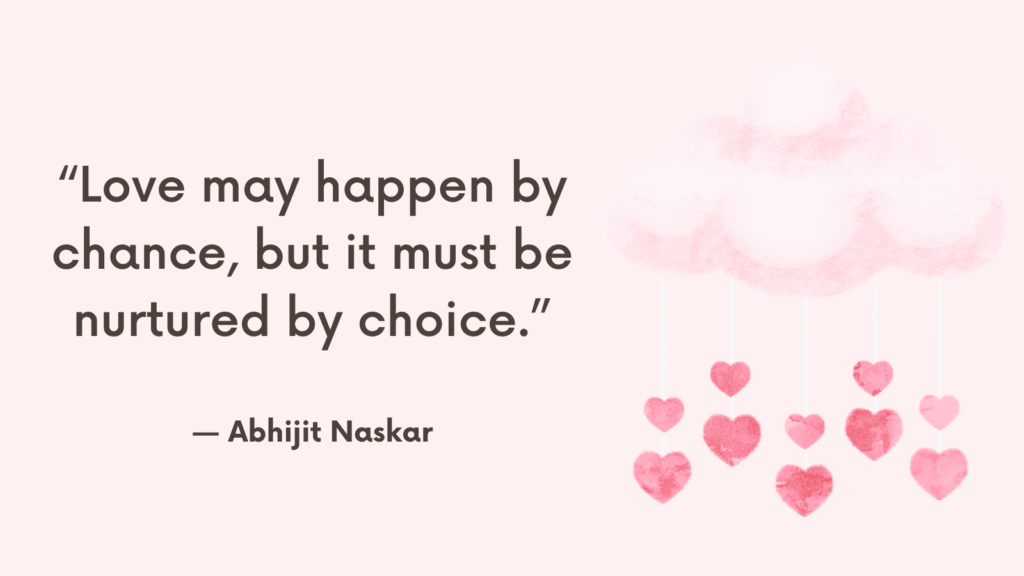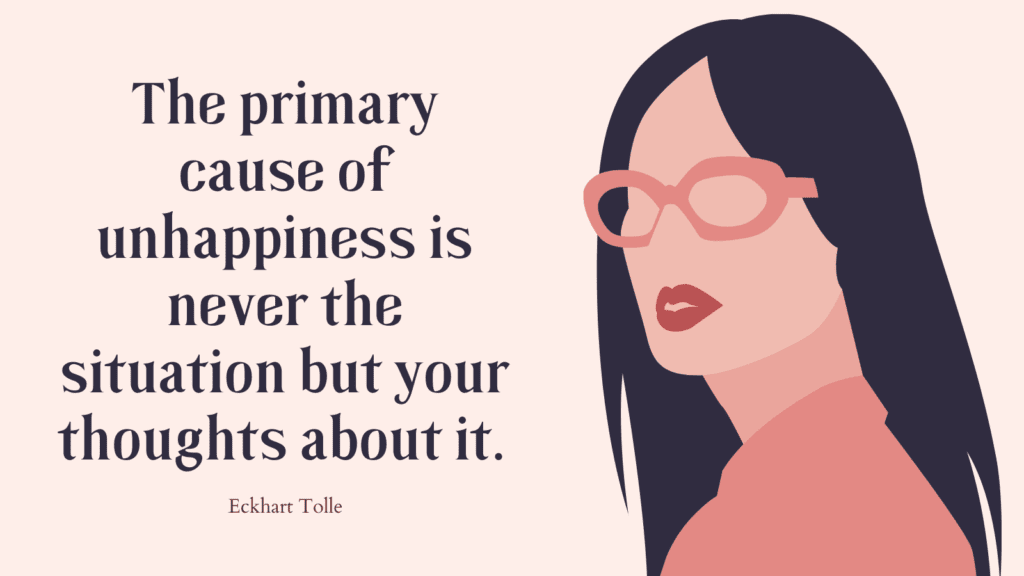This post contains free online retroactive jealousy test along with tips on how to how to deal with retroactive jealousy triggers in a way that actually helps.
What Is Jealousy?
Jealousy is a normal emotion that we experience when we feel that the bond we have with someone is at risk.
We may also feel threatened or insulted.
We usually don’t feel jealous about superficial relationships. In that sense, jealousy can be a sign that someone matters.
Although jealousy is a normal emotions, when it takes over, it can create real problems.
What Is Retroactive Jealousy?
Retroactive jealousy, also referred to as retrospective jealousy, represents unpleasant and obsessive thoughts and emotions regarding a partner’s past relationships.
Some people are troubled by the fact that their partner had many sexual partners or that their partner was once deeply in love with another person.
Retroactive Jealousy Test
Has retroactive jealousy become a problem for you?
To answer the question, you need to take a closer look at how much retroactive jealousy is affecting your daily life and intimate relationship.
Take the following test to determine if retroactive jealousy has become a problem for you:
Results
#1. Do you often ruminate about your partner’s past relationships?
#2. Do you frequently compare yourself to their past partners?
#3. Do you feel bad about your current relationship or yourself when you think about your partner’s past relationships?
#4. Do you often find yourself worrying your partner may leave you for their ex?
#5. Do you often check your partner’s emails, voicemails, and text messages for signs that something might be going on?
#6. Do you repeatedly seek validation from a partner, such as asking “Do you still love me?” Or “am I a better sexual partner?”
We will not sell your information. All results are kept confidential.
This quiz is for informational purposes only. It is not meant as a diagnostic or assessment tool.
Results
The questions above represent common signs of retroactive jealousy. If you answered yes to most of these questions, then retroactive jealousy may be a problem for you.
Retroactive Jealousy Triggers
Retroactive jealousy could be triggered by a number of factors, including:
- Memories of past betrayal
- An anxious attachment style
- Childhood trauma
- Fear of the unknown
- Insecurities and low self-worth
How To Deal With Retroactive Jealousy Triggers?
#1. Consider If Your Partner’s Past Matters
People who struggle with retroactive jealousy tend to have a distorted perception of their partner’s past.
However, retroactive jealousy can also be a sign of incompatibility, especially when it comes to values, or a sign that your partner might be unfaithful.
It is important to ask yourself the following questions:
- Are you unhappy in the relationship and are simply using retroactive jealousy to push your partner away?
- Is your partner unfaithful in their relationships? Do they have a history of cheating and breaking trust?
- Are your partner’s values incompatible with your own?
If your answer is yes any one of these questions, you may want to consider moving on.
Read: Top 10 Emotional Boundaries In Dating You Should Set From The First Date
#2. Make A Decision To Overcome Retroactive Jealousy
Whether you decide to leave your partner or fight for the relationship, you still need to work on overcoming retroactive jealousy.
This is mainly because retroactive jealousy is usually not dependent on your partner or their relationships history.
Many people find that even after leaving their partner with whole they experienced retroactive jealousy, they still faced the same issue in future relationships.
That is to say that when retroactive jealousy is not justified (you answered “no” the first step’s questions), the problem is really not with your partner or their past, but with you.
The good news is, you have the power to overcome it and let go of retroactive jealousy.
Related: How To Save Your Relationship From A Breakup? 5 Steps To Strengthen Your Relationship
#3. Consider That We Are More Than Our Experiences
People who struggle with retroactive jealousy usually believe that we are fixed and stagnant physical and/or spiritual entity that is the result of the sum of experiences we go through.
But that is not entirely accurate.
We are constantly changing, transforming, and evolving in different ways.
Even from a scientific perspective, we are never a fixed entity. Our cells are constantly destroyed and generated.
It is especially helpful when dealing with retroactive jealousy to think of ourselves and people around us as ever changing beings.
#4. Address Your Insecurities
If you struggle with retroactive jealousy, you’re most likely not comfortable in your own skin and/or aren’t confident about your abilities as a lover.
It is important to address your insecurities because they can also affect your relationship and become a turn off for your partner.
These insecurities may include:
It is important to become aware of the issue before you can address it properly.

#5. Let Go Of The Need To Control Your Partner
Jealous people tend to believe that the only way to relieve their jealousy is to control their partners.
But this is a delusion.
If your partner will go back to their ex, or if your partner wants to leave you, they will.
In this sense, you have no choice but to let go of control and the need for reassurance.
Related: How To Break Controlling Behavior? Best 6 Ways to Let Go of Wanting to Control Everything
#6. Stop Talking About It
Talking about your partner’s past is unlikely to relieve your retroactive jealousy or get you closer to your partner.
Although communication and honestly is important in a healthy relationship, if you struggle with retroactive jealousy, you’ll most likely misinterpret your partner’s past and give it more importance than it actually deserves.
#7. Create New Positive Thoughts
Our thoughts about a certain situation can be as real as the actual situation.
For example, thinking about a job interview can as anxiety-provoking as going for the actual interview.
Dwelling on jealous thoughts can cause problems in your relationship and make you feel even worse about yourself.
It is important to address your negative thoughts, reframe them and replace them with more positive, realistic ones.
Related: How To Reframe Negative Thoughts? Top 10 Techniques To Stop Overthinking And Relax
Negative Thoughts Worksheets
#8. Reduce Exposure To Triggers
As you learn to let go of your retroactive jealousy, it is helpful to minimize your exposure to triggers. These triggers may include:
- People associated with your partner’s past
- Certain places with bad memories attached to them (restaurants, bars, clubs, etc.)
- Pictures of your partner’s ex
- Social media profiles of your partner’s ex
- Certain songs, movies, TV shows, books, etc.
As you heal your retroactive jealousy, these triggers won’t be triggers anymore. But for now, it’s better to avoid them.
#9. Write A Letter
Expressing everything you feel and think freely can be healing.
Write a letter that you don’t send to your partner, you may include the following:
- Think about how your partner’s past has hurt you. Write about exactly why you feel hurt/angry/confused by their past.
- Write about what you wish you could say to them. Be as honest as you can. Remember this is a private exercise.
You may also choose to write a second letter from your partner to you. This can be an apology, an explanation, an appreciation, or a reassurance.
Write about everything you feel you need to hear in order to stop feeling hurt or resentful toward them.
Do You Also Struggle With “Regular” Jealousy?
To answer the question, you need to take a closer look at how much jealousy is affecting your daily life and intimate relationships.
Does any of the following sound familiar?
- Your jealousy has led to relationships ending abruptly.
- You find yourself holding on to resentments for long periods of time.
- You find yourself complaining about your jealous feelings to friends and colleagues.
- You find it difficult to step away from your jealous thoughts and feelings.
- You often say things that you later regret saying because of your jealousy.
- Your jealousy is making you depressed.
- You often feel hopeless about your relationships and even your ability to have a relationship without debilitating jealousy.
- You often act on your jealous feelings by interrogating, checking, following, withdrawing, and other destructive behaviors.
Jealousy vs. Envy
Envy occurs when we feel someone else has more than we do and we want what they have.
This may inspire us to strive to become better, or it may lead us to destroy what the other person has.
Jealousy, on the other hand, involves the competition among three or more people for the attention of at least one of them. It is usually linked to intimate relationships.
Envy is about comparing ourselves to someone else. Jealousy is about the threat to our relationship with someone.
Jealousy and envy may overlap in their tendency to trigger hostile behavior, even to the point of harming others.
Related: Overcoming Envy: How To Stop Feeling Envious Of Others’ Success?
How Jealousy Can Negatively Affect You and Your Relationship
If you struggle with jealousy, you may also experience feelings of guilt, shame, and self-doubt.
This is especially the case when you grew up believing that painful emotions, such as jealousy are not allowed and that if you’re experiencing them, something must be wrong with you.
Jealous thoughts and feelings can lead to destructive reactions and behaviors, such as:
- Inflicting punishments
- Questioning of the partner’s behavior
- Interrogating
- Looking for clues of betrayal
- Trying to control the partner
- Accusing of looking or giving attention to other individuals
- Worrying obsessively over a possible betrayal
- Going through the partner’s properties
- Isolating the partner or laying conditions in regards to contact with the partner’s social circle.
- Verbal and/or physical violence towards the partner
But experiencing jealous thoughts and feelings doesn’t necessarily mean that you’ll act on them.
You can still make a choice about what you choose to do and prevent jealousy from taking over and wrecking your well-being and your relationships.
Related: Is It ROCD Or Am I Not In Love? Top 4 Powerful Ways to Overcome Relationship Anxiety And ROCD

References
- Portions of this article were adapted from the book The Jealousy Cure: Learn to Trust, Overcome Possessiveness, and Save Your Relationship, © 2018 by Robert L. Leahy. All rights reserved.
- Portions of this article were adapted from the book Overcoming Retroactive Jealousy, © 2013 by Zachary Stockill. All rights reserved.
- Jealousy | Psychology Today
- What your jealous feelings are telling you (and what you should do about them) (nbcnews.com)
- Jealousy Definition & Meaning – Merriam-Webster
- What is Jealousy? (verywellmind.com)
- Social Media’s Role in Romantic Partners’ Retroactive Jealousy: Social Comparison, Uncertainty, and Information Seeking – Jessica R. Frampton, Jesse Fox, 2018 (sagepub.com)
- Retroactive jealousy: Obsessed with my partner’s past – BBC News
- Jealousy: a community study – PubMed (nih.gov)
- Frontiers | The Evolutionary Psychology of Envy and Jealousy | Psychology (frontiersin.org)
- Jealousy and Relationship Closeness: Exploring the Good (Reactive) and Bad (Suspicious) Sides of Romantic Jealousy – Mark Attridge, 2013 (sagepub.com)
- Study links jealousy with aggression, low self-esteem (apa.org)
- (PDF) A systematic review of romantic jealousy in relationships (researchgate.net)







